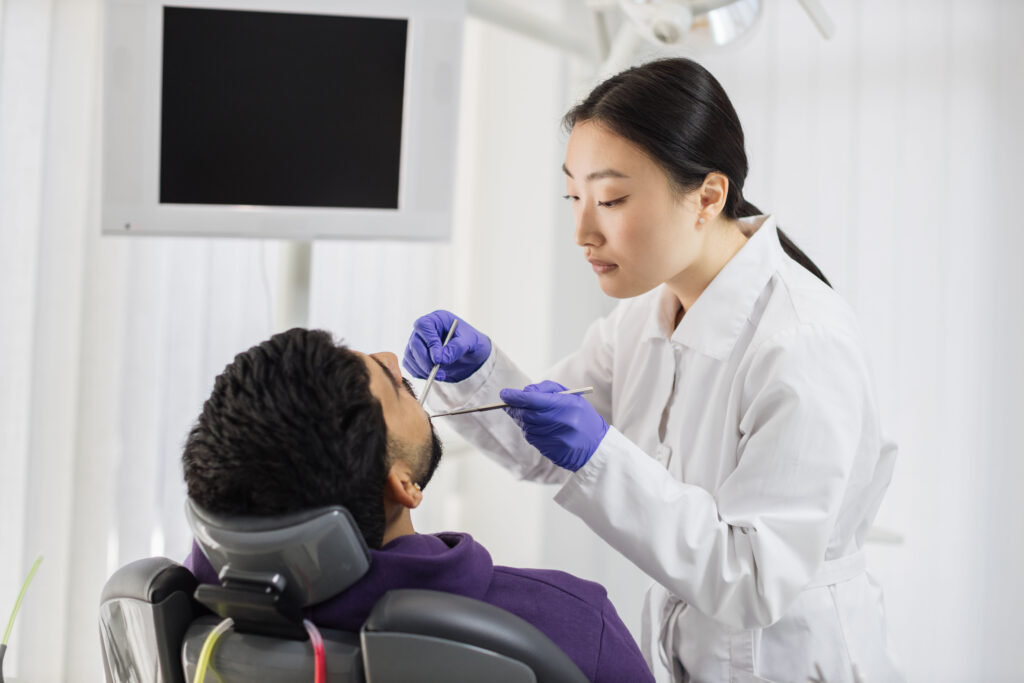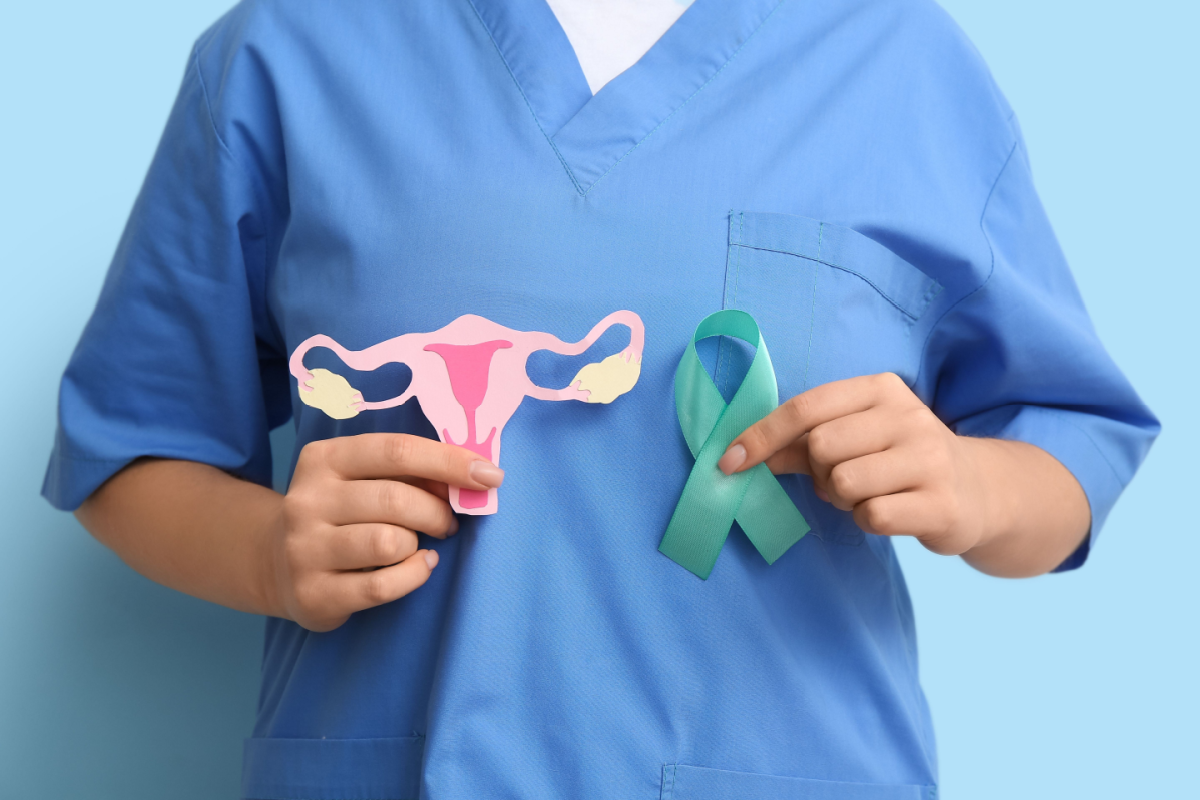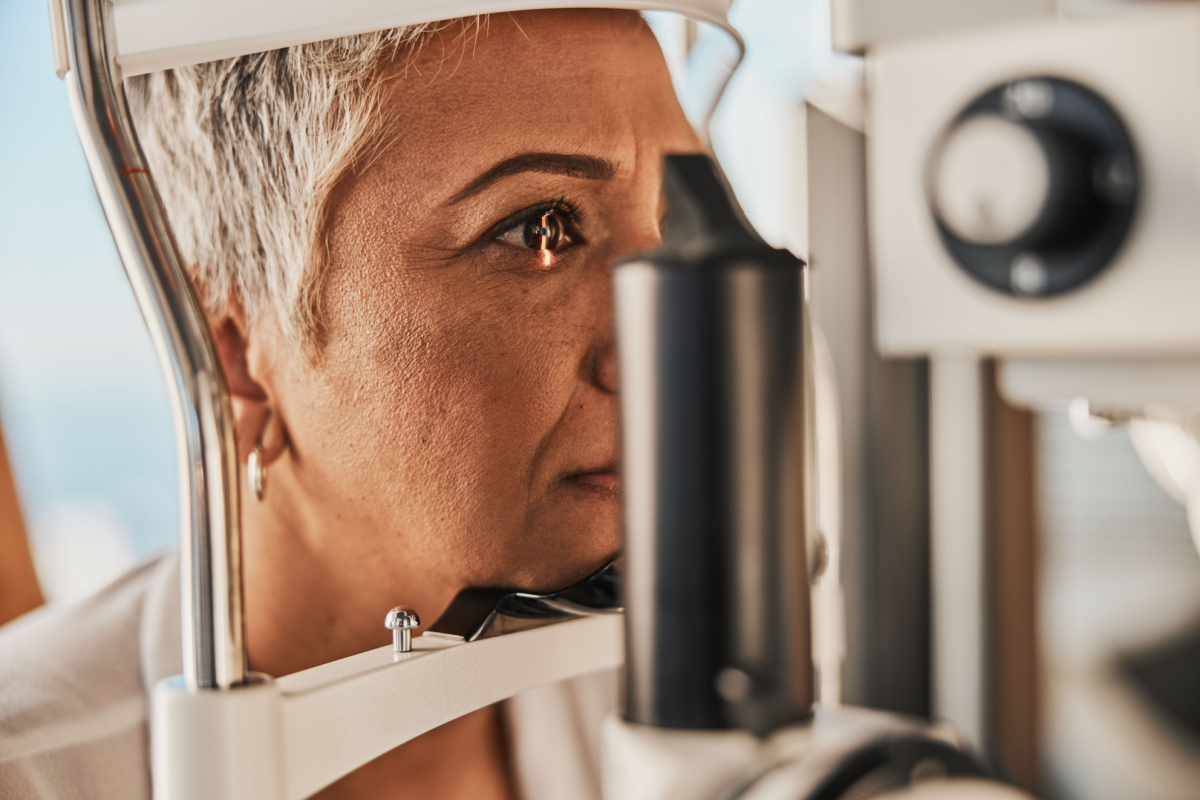Oral health disparities continue to impact underserved communities around the world. These disparities stem from multiple barriers, including the cost of care, accessibility and low health literacy. In this interview, we explore how industry leaders are tackling these challenges to improve global oral health.
Xtalks spoke to Dr. Maria Ryan, executive vice president and chief clinical officer at Colgate-Palmolive, and Allison Neale, vice president of Public Policy at Henry Schein, Inc. and managing director at Henry Schein Cares Foundation, to gain their insights on overcoming these barriers and integrating oral health into broader healthcare policies.

What are the primary barriers to sustainable access to oral care in underserved communities, and how can these be overcome?
Dr. Ryan: Oral health disparities persist for a number of reasons, including the cost of care, lack of accessible dental services, geographic isolation, fear, anxiety and low oral health literacy.
As the worldwide leader in oral care, and with the Colgate brand in more homes than any other, Colgate-Palmolive is contributing to and deepening its support to address the global health crisis that has far-reaching and significant impacts. Specifically, we aim to blend our expertise, innovative products and passion to reimagine a healthier future for all. A few initiatives that demonstrate how these barriers can be addressed include:
- The Colgate Bright Smiles, Bright Futures (BSBF) program, focused on improving the oral health and overall wellbeing of children and their families. Since 1991, the program has reached over 1.7 billion children and their families in 100 countries.
- The Colgate Oral Health Center offers a range of important information on different oral health topics, from cavities and dental sealants to gum disease and oral care during pregnancy.
- Know Your OQ, a free interactive assessment to teach people about their oral health quotient and improve oral health literacy. The website teaches people about the signs and symptoms of common oral diseases, including cavities, and provides resources so people can improve their understanding of how oral health is linked to physical health and mental wellbeing. Know Your OQ also highlights preventive strategies that can be incorporated into any oral health routine — like brushing for two minutes twice daily with a fluoride toothpaste. We know through our research that when people take the assessment and read the content, their knowledge, attitudes and practices improve.
- Work with the World Economic Forum (WEF) Global Health Equity Network through the newly formed Oral Health Affinity Group (OHAG) to ensure that employers globally are knowledgeable about the importance of oral health for the overall health and wellness of their employees and the communities that they serve.
Related: Top 10 Fastest Growing Healthcare Companies in 2024
How is Colgate-Palmolive working to ensure that its products reach the most vulnerable populations globally?
Dr. Ryan: At Colgate-Palmolive, we pride ourselves on investing in next-generation oral health care products that leverage the latest technology and research to improve oral health habits for children and adults. To ensure oral health is seen as a critical element to overall health and wellbeing, stronger communication is needed from a peer-to-peer healthcare provider perspective.
To address this, Colgate-Palmolive is working with healthcare professionals — including nurses — to expand training on the importance of whole-body care, including oral care, initiating global and local partnerships to improve diversity in the healthcare workforce, informing health policy guidelines addressing the socio-economic impacts of poor oral health. We are also leveraging next-generation technologies and research to address the significant impacts of poor oral health on communities to ensure a healthier future for all.
How can oral health be integrated into broader health policies to ensure a more holistic approach to healthcare?
Dr. Ryan: Unfortunately, many major public health initiatives do not include oral health, which was the impetus for developing an economic rationale for a global commitment to invest in and include oral health in these initiatives.
Oral health policy research, while critical for shaping effective health interventions and improving public health outcomes, often doesn’t receive the same level of funding or attention as other areas of health research. At Colgate-Palmolive, we are focused on:
- Proactively advocating for effective prevention and education strategies that may significantly reduce oral health issues
- Elevating the connection between oral health and overall health to strengthen the case for integrated approaches
- Increasing oral health literacy through culturally relevant messaging which may lead to a more effective transfer of knowledge, changes in attitudes, adoption of preventive strategies and delivery of necessary treatment
Additionally, partnerships like the one we’ve established with the WEF’s OHAG are vital as they drive urgency and provide an opportunity to place oral health within the global health agenda, accelerating policies that bridge the gap between dentistry and medicine within health systems.
What role does public policy play in improving oral health outcomes, particularly in underserved communities?

Allison Neale: Public policy has an important role to play in addressing the barriers to the availability and accessibility of oral health care, ultimately improving health outcomes and lowering the overall cost of health care.
Delivery of oral health care remains physically separated from delivery of overall preventive care in most cases, further widening gaps. Oral health is critical for overall health and has direct links to a myriad of serious health conditions including diabetes, heart disease, stroke and some cancers.
Almost half the world’s population — 3.5 billion people — suffer from oral diseases, and the impact on the global economy is quite significant, with the economic burden of oral diseases totaling approximately $710 billion annually around the world. And yet, access to oral health care remains tragically constrained by governments’ lack of investment in dental facilities, the dental workforce and ensuring the accessibility of needed care to underserved communities.
How is Henry Schein working with governments and other stakeholders to influence oral health policies?
Allison Neale: For decades, Henry Schein has partnered with many stakeholders across the public and private sectors, including the Harvard School of Dental Medicine Initiative Integrating Oral Health and Medicine, Penn Dental Medicine, NYU College of Dentistry, the Santa Fe Group, the FDI World Dental Federation, the International Association for Dental Research (IADR) and the International College of Dentistry to champion the integration of oral health and primary care and expand equitable access to quality oral health care for all.
We have pursued this goal through our work with governments, which includes strengthening the oral health system of Tanzania. And we have catalyzed access to oral health care initiatives, including programs like Global Student Outreach Programs, Henry Schein Cares Foundation’s Prevention is Power, the Alpha Omega-Henry Schein Cares Holocaust Survivor’s Oral Health Program, ADA Foundation’s Give Kids A Smile, Mission of Mercy and Project Accessible Oral Health.
Most recently, we have been pleased to serve as a co-founder and co-chair of the WEF Global Health Equity Network’s OHAG, composed of leaders across sectors and industries working together to raise awareness of the costs of poor oral health to individuals, communities, businesses and nations and — most importantly — of the actions that governments and private sector companies can take to advance global oral health.
How can other companies in the healthcare sector contribute to the global effort to improve oral health?
Allison Neale: Private sector companies in the healthcare industry are well-positioned to help improve global oral health. Within their own companies, private sector leaders can expand coverage for oral health care services through their employee health insurance programs, as well as promote good oral health through wellness and education programs. They are also ideally placed to undertake research and development into affordable, at-home oral care solutions that are accessible to all.
At the community level, companies can join philanthropic efforts to improve access to oral health, such as the ADA Foundation’s Give Kids A Smile and Mission of Mercy. The private sector is also a critical partner in advocating at the national and global levels for policies that will move the needle in improving access to oral care.
Oral health disparities remain a significant challenge worldwide, but industry leaders are stepping up to address these issues. Through innovative programs, strategic partnerships and effective public policy advocacy, Colgate-Palmolive and Henry Schein are making strides toward a healthier future for all.
Their efforts demonstrate the importance of integrating oral health into broader healthcare policies and ensuring access to care for underserved communities. The journey to bridging oral health disparities is ongoing, but with continued commitment, progress is achievable.
If you want your company to be featured on Xtalks.com, please email [email protected].












Join or login to leave a comment
JOIN LOGIN